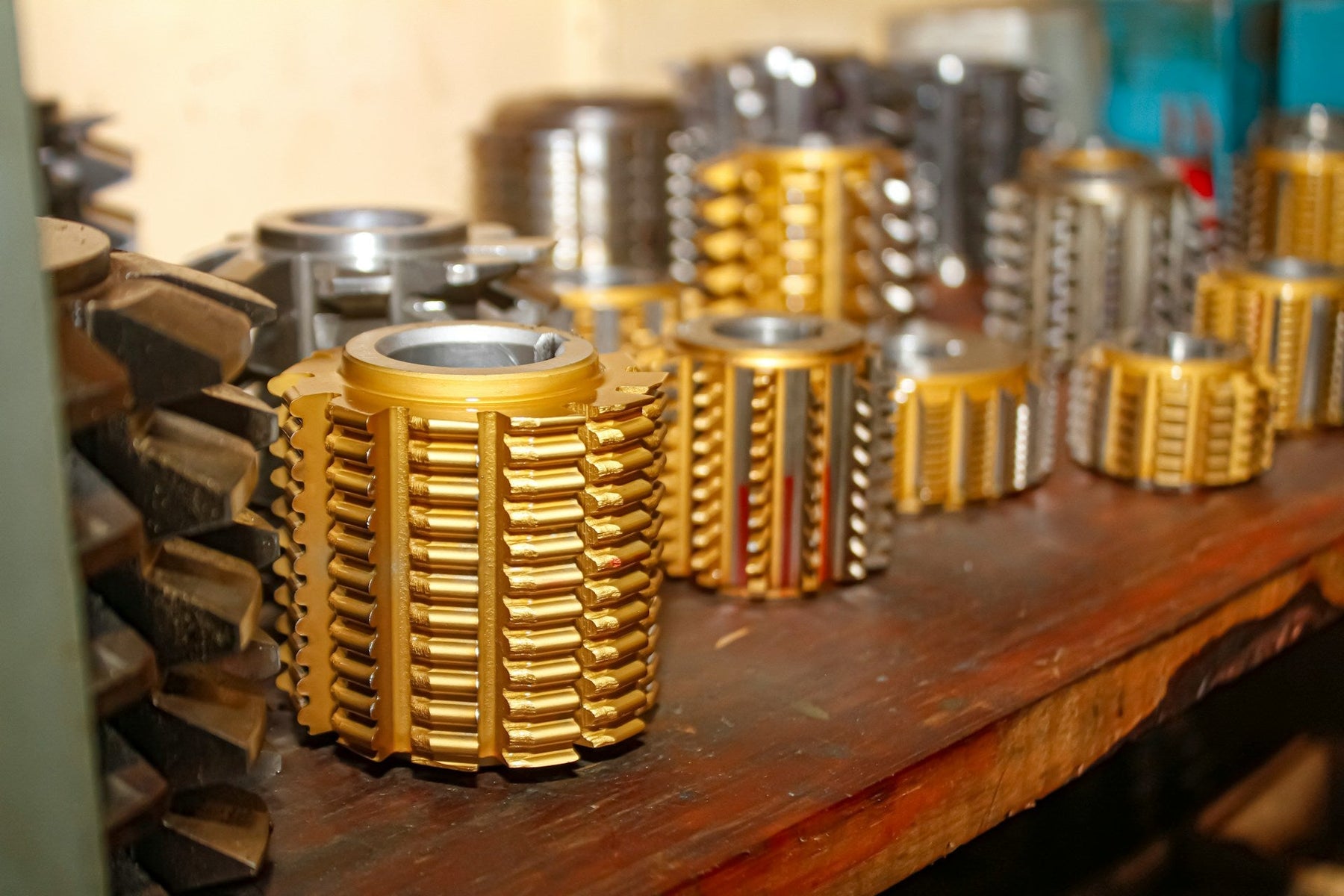
Why Your Compressor Filters Are Clogging Faster This Spring: Causes and Solutions
As spring rolls in, many notice changes in the air. Flowers bloom, nature wakes up, but there are changes happening in places you might not expect, like in your air compressor system. You might discover that your compressor filters are clogging much faster than they do during other seasons. Why is this happening? It's not just you; it's a common issue for many.
Spring brings a mix of new environmental factors that can increase the load on your compressor filters. These elements can cause clogging, which reduces efficiency and can lead to more frequent maintenance needs. Understanding these changes is the key to keeping your system in top shape. Let’s explore the reasons why your compressor filters might be struggling and how you can help them perform better.
Common Causes of Clogging
Spring can be a tough time for compressor filters because of a few key factors. The environment is buzzing with activity, and while that might sound lovely for outdoor walks, it can create some havoc for mechanical systems.
- Increased pollen and allergens: Spring is notorious for sending pollen into the air. Trees, flowers, and grasses are all releasing large amounts of pollen, which can get caught in compressor filters. These tiny particles might be great for pollination, but unfortunately, they're not so great for machines.
- Dust and debris from seasonal maintenance activities: This season is often a time when many companies conduct spring cleaning or maintenance projects. These activities stir up dust and debris that can find their way into the air, eventually settling in compressor filters.
- Higher humidity levels: Spring showers bring more moisture into the air. While this makes for refreshing weather, it also means more water vapor can mix with dust and pollen. This mixture can turn a once-dry dust particle into a sticky, clog-inducing nuisance.
Recognizing these causes allows you to be proactive in tackling them. A bit of foresight and regular cleaning can ensure your compressor filters breathe easily through spring, avoiding unnecessary work for you.
Signs Your Compressor Filters Are Clogged
Sometimes it’s easy to miss the signs that your compressor filters are starting to clog. The buildup doesn’t always come with warning bells, but if you pay close attention, your equipment will usually give you clues.
One of the first things you might notice is a drop in airflow or reduced overall performance. If your system isn’t producing the results it usually does, it could be fighting against dirty filters. Clogged filters make it hard for the system to operate efficiently, forcing it to work harder to move air through tight, blocked spaces.
Another common sign is strange noises. Compressors that are under strain may start to hum louder than usual, click, or even make knocking sounds. These sounds usually mean the system is working harder than it should be, often due to restricted airflow from a blocked filter.
Keep an eye on your energy usage, too. If it seems like you're using more energy than normal just to keep things running, your filters could be to blame. A loaded filter can make your compressor consume more power. That spike in energy often tells you it’s time to check the filters.
How To Prevent Frequent Clogging
You can reduce how often your compressor filters clog by staying a step ahead. Spring is unpredictable, but a few changes to your routine can help you keep things under control.
Here are some easy tips to keep in mind:
- Check your filters more often in spring. Even if you don’t see obvious dust, extra pollen or moisture can shorten the life of your filters.
- Clean up the work area around your compressor. Less dust and debris nearby means less junk trying to sneak into the system.
- Use filters that are made to handle spring conditions. Some are better at capturing fine particles like pollen and work better in higher humidity.
One business we worked with noticed a big jump in production delays each year in late spring. After checking their compressor system weekly instead of monthly and switching to better filters, those delays basically disappeared. Little changes can sometimes make a big difference.
Professional Solutions For Clogged Filters
There’s no substitute for having the right people take care of your system. Spring weather adds challenges that not every business is ready to handle on its own.
Scheduled maintenance can help you catch early signs of clogging before they become serious problems. Whether that’s through regular inspections or planned filter swaps, staying ahead keeps your compressor from being pushed too hard for too long.
There’s also value in using aftermarket or OEM-equivalent filters. These filters are often built to meet high performance standards so you’re not left guessing if they’ll hold up in dust-heavy, humid conditions. You get more consistency and fewer unwanted surprises.
If your filters are clogging more often and it's slowing things down, the best move is to bring in experienced hands who can diagnose what's happening and get the right parts in place. That way, your spring doesn’t turn into a season full of breakdowns and delays.
Keep Your Compressors Running Smoothly This Spring
Seasonal changes don’t just affect the weather — they affect how your equipment runs too. Spring may look green and fresh on the surface, but between the pollen, moisture, and airborne debris, your compressor filters are taking a hit. Paying attention to early warning signs and adjusting your normal maintenance plan can go a long way in keeping things moving.
Being proactive now means fewer disruptions and less cleanup later. If your compressors are acting up or you’re seeing filter changes pile up, it might be time to reach out to someone who knows what to do. Spring might bring a few headaches, but with the right support, you won’t have to go through them alone.
If you're ready to get ahead of filter issues before they turn into larger problems, now’s a good time to explore options that are built to handle spring’s challenges. Browse Compressor Filter Hub’s full selection of high-quality compressor filters made to keep your systems running consistently, even when the air isn’t.
